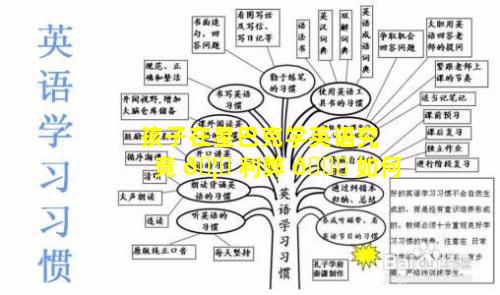再生学英语作文究竟是什么及作用
- 作者: 王颜汐
- 来源: 投稿
- 2024-10-01
1、再生学英语作文究竟是什么及作用
再生医学定义
再生医学是一门新兴的医学领域,旨在利用细胞、组织或器官再生或修复受损或疾病组织。它涉及多种技术,包括:
干细胞治疗:使用干细胞,这是具有自我更新和分化成不同细胞类型的潜力的未分化细胞。
组织工程:构建替代受损或缺损组织的组织替代物。
基因治疗:使用基因来修复或增强细胞功能。
作用再生医学有广泛的潜在应用,包括:
治疗慢性疾病:例如心脏病、中风、糖尿病和神经退行性疾病。
再生受损组织:例如烧伤、创伤和脊髓损伤。
替代器官移植:再生器官,如心脏、肺和肝脏,用于移植。
抗衰老治疗:再生老化组织和器官,以改善健康和寿命。
再生医学的好处修复受损组织:再生医学可以修复受损或疾病组织,恢复功能并改善患者生活质量。
减少移植需求:再生器官可以替代器官移植,从而减少依赖供体和漫长的等待时间。
降低医疗费用:再生治疗可能比传统治疗方法更具成本效益,从长远来看可以节省医疗费用。
提高健康寿命:再生医学有潜力延长健康寿命,通过修复受损组织和器官来改善整体健康状况。
再生医学的挑战伦理问题:干细胞研究和人体试验引发了伦理问题,例如胚胎干细胞的使用和对患者的潜在危害。
技术限制:再生医学技术仍处于起步阶段,需要进一步的研究和开发。
高昂的成本:再生治疗的成本可能很高,这可能限制其可及性。
免疫排斥:当再生细胞或组织来自患者自身以外时,可能会发生免疫排斥反应。
展望再生医学是一个快速发展的领域,有望对医疗保健产生变革性影响。随着技术和研究的不断进步,再生医学有潜力为各种疾病和损伤提供新的治疗方法,改善患者预后,并提高生活质量。
2、再生利用英语怎么说
Recycling

3、再生的英文怎么写
Regeneration
4、再生资源英语作文
Renewable Resources: A Path to Sustainability
In an era marked by escalating environmental concerns and depleting fossil fuel reserves, the concept of renewable resources has emerged as a beacon of hope for a sustainable future. Renewable resources, as the name suggests, are naturally replenished over relatively short periods of time, offering a continuous source of energy without compromising their availability for future generations.
Among the most prominent renewable resources is solar energy. The sun's abundant and inexhaustible radiation can be harnessed through solar panels to generate electricity. Solar energy is clean, sustainable, and has the potential to power the entire world. Additionally, wind energy, generated by turbines that capture the kinetic energy of moving air, is another reliable renewable source. Wind farms can be established in areas with strong and consistent wind patterns, providing a steady and costeffective source of energy.
Hydroelectric power, generated by dams that capture the energy of flowing water, is another important renewable resource. Dams create reservoirs that store water, which is then released to power turbines. Hydropower is a reliable and relatively inexpensive form of renewable energy, but its sustainability can be limited by the ecological impact of dam construction on rivers and surrounding ecosystems.
Biomass, derived from organic matter, is another promising renewable resource. Biomass includes agricultural residues, forestry waste, and animal manure. When burned or fermented, biomass releases energy that can be converted into electricity or heat. Biomass energy is carbonneutral, meaning that the carbon released during combustion is offset by the carbon absorbed by plants during growth.
Geothermal energy, derived from the heat of the Earth's interior, is a unique form of renewable energy. Geothermal power plants use this heat to generate electricity or heat homes and businesses. Geothermal energy is a reliable and baseload source of energy, providing a constant flow of power regardless of weather conditions.
The adoption and development of renewable resources are crucial for mitigating climate change, ensuring energy security, and safeguarding our planet's future. Governments and industries worldwide are investing heavily in research and development to advance renewable energy technologies, making them more efficient and affordable.
Renewable resources offer a multitude of benefits. They reduce our dependence on finite fossil fuels, decrease greenhouse gas emissions, and contribute to cleaner air and water. Furthermore, the development of renewable energy projects creates new jobs and stimulates economic growth.
Embracing renewable resources is not without its challenges. Concerns regarding intermittency, reliability, and cost remain. However, through technological advancements, grid integration, and policy incentives, these challenges can be effectively addressed.
As we navigate the challenges of the 21st century, renewable resources hold immense promise for a sustainable and prosperous future. By investing in renewable energy, we can secure our energy needs, mitigate climate change, and create a greener and more equitable world for generations to come.




